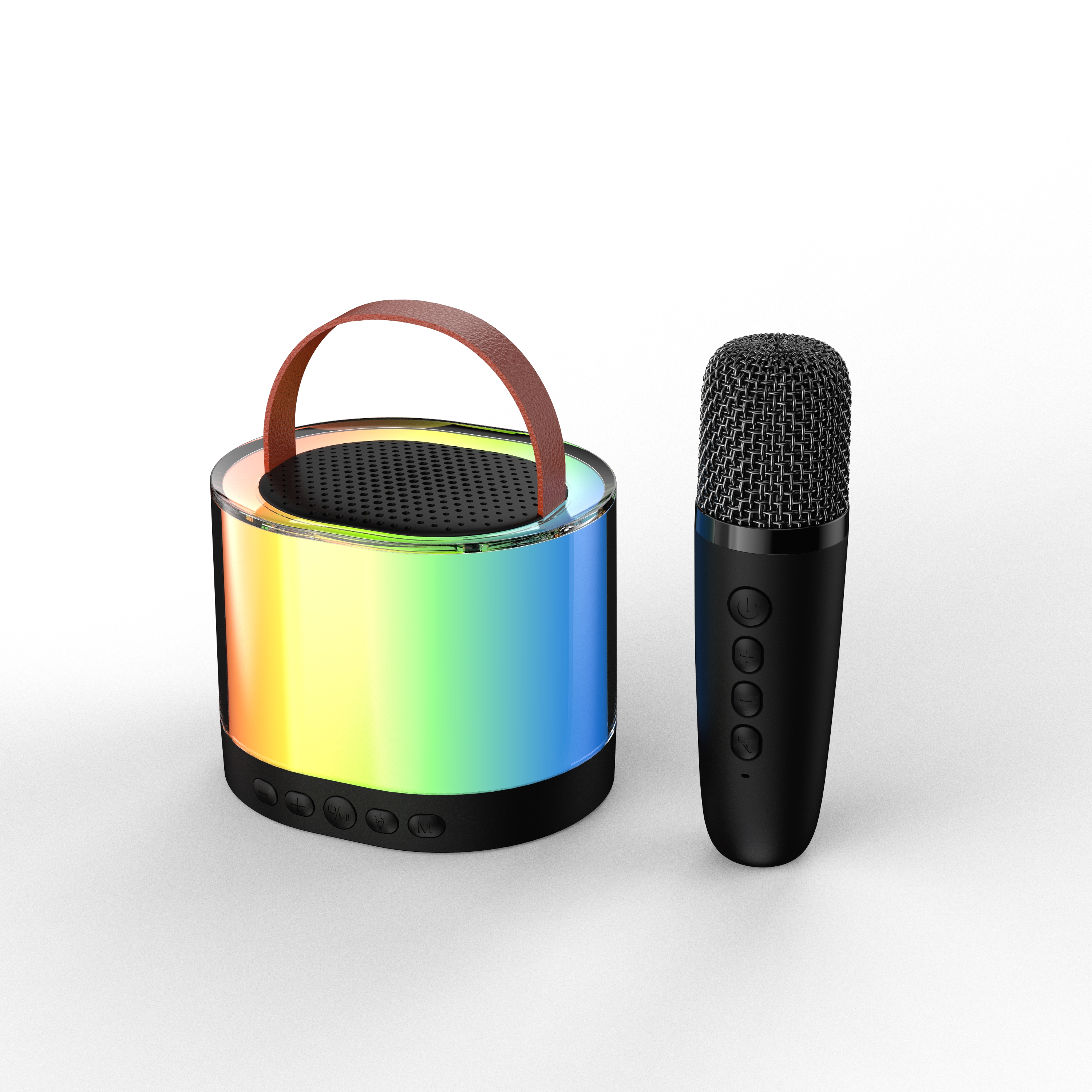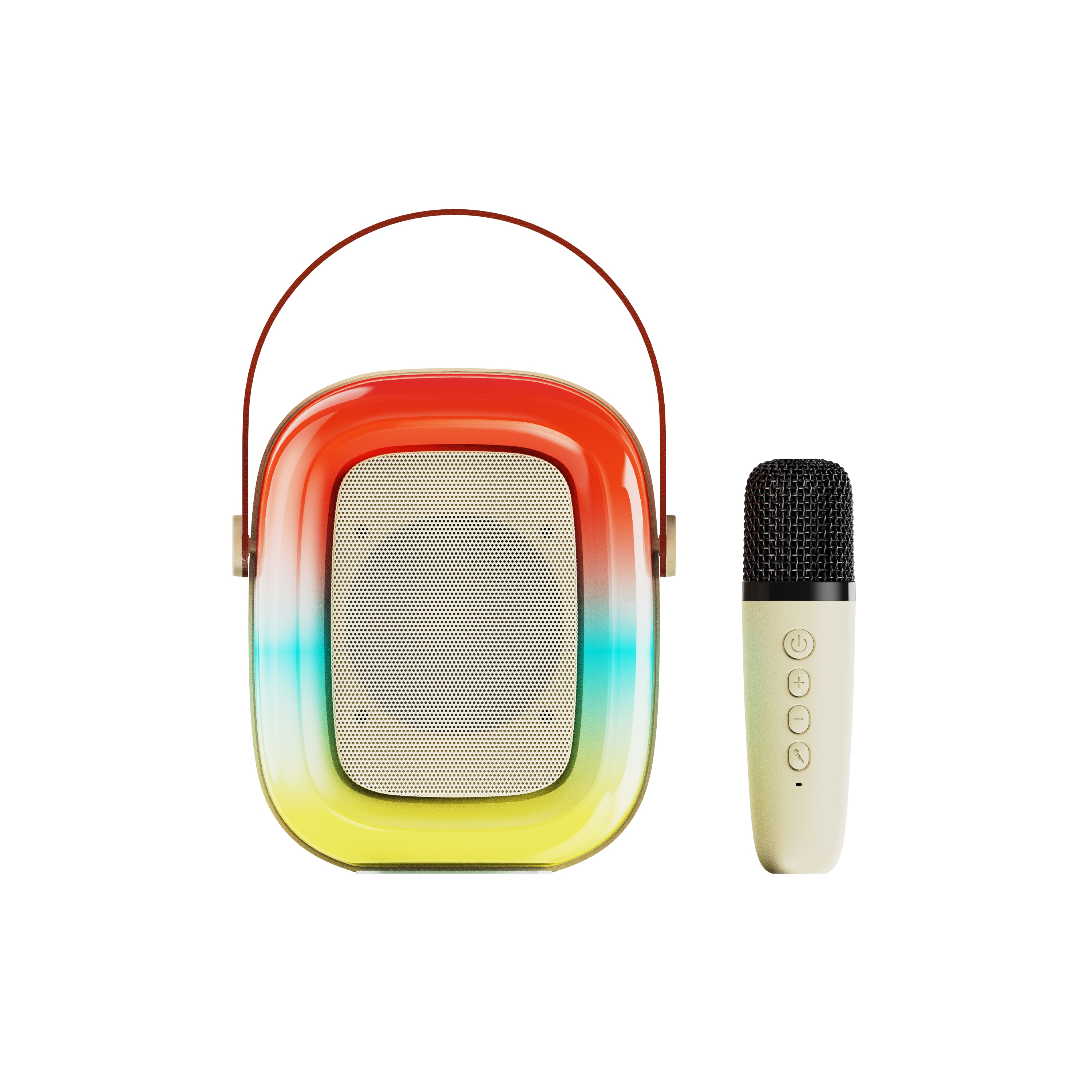close
Choose Your Site
Global
Social Media
Views: 0 Author: Site Editor Publish Time: 2025-07-02 Origin: Site









Choosing the right speaker can be tricky. With so many options, how do you know whether to go with WiFi orBluetooth? Both WiFi and Bluetooth speakers are increasingly popular in the audio market. Understanding their key differences is crucial in making an informed decision.
In this post, Progress Electronic Technology Co., Ltd’ll break down the main differences between WiFi and Bluetooth speakers. You’ll learn which speaker is best for your specific needs and how each one fits different environments.
WiFi speakers use a wireless internet connection to stream audio from various devices. This allows them to receive music or other audio content without the need for a physical connection to the device. Popular examples include Sonos and Google Nest Audio, which offer high-quality sound and multi-room support.
Bluetooth speakers connect wirelessly to devices using Bluetooth technology. They pair with smartphones, laptops, and other gadgets to stream audio over short distances. Examples like the JBL Flip and Bose SoundLink are known for their portability and simplicity, making them great for personal or outdoor use.

● Bluetooth: Bluetooth speakers are designed for portability and typically have a range of around 30 feet. This makes them ideal for small spaces or on-the-go use, such as in a room or outside where long-distance connectivity isn't necessary. Their short range limits their ability to cover larger areas, but their wireless nature still provides flexibility for moving between spaces within the range.
● WiFi: WiFi speakers, on the other hand, can work over much greater distances due to their reliance on a stable WiFi network. This allows them to be used in larger homes or offices and supports multi-room audio setups, where multiple speakers are connected to the same network to provide synchronized sound across different rooms or areas. They can be placed in various parts of the house without worrying about range limitations.
● Bluetooth: The audio quality of Bluetooth speakers is generally good for casual listening, but it may suffer from some quality loss due to the compression applied when the audio is transmitted over Bluetooth. This compression helps reduce the file size to make wireless transmission possible but can result in a slight drop in sound fidelity. For those who value high-quality sound, this could be a drawback, particularly when streaming higher-resolution audio.
● WiFi: WiFi speakers, however, provide higher audio fidelity. Since WiFi supports larger data transfer and less compression, it allows for a richer, clearer sound with less distortion. For audiophiles or those who want superior sound quality, WiFi speakers are often the better choice, offering a more immersive listening experience with deeper bass and sharper highs.
● Bluetooth: Bluetooth speakers are incredibly easy to set up. You only need to pair the speaker with your smartphone, tablet, or laptop. The setup process is typically quick and doesn't require an internet connection, making Bluetooth speakers extremely convenient for users who want a hassle-free audio solution. No special configurations or apps are needed, making them ideal for those who prefer simplicity and ease of use.
● WiFi: WiFi speakers require a stable internet connection and may involve more complicated setup steps. This process often includes configuring the speaker through an app and connecting it to your WiFi network. While the setup might take a bit more time, the benefits of using WiFi – such as better sound quality, multi-room capabilities, and integration with smart home systems – often outweigh the initial setup complexity.
● Bluetooth: Bluetooth speakers can typically connect to one device at a time. This is perfect for situations where you are listening to audio from a single source, such as your phone or laptop. However, if you want to stream audio from multiple devices at once, Bluetooth will fall short. While it works well for casual use, the limitation of connecting to only one device at a time can be restrictive for those who want a more versatile speaker setup.
● WiFi: WiFi speakers excel when it comes to multi-device compatibility. These speakers can be connected to multiple devices simultaneously, making it easy to stream audio from different sources. They are particularly beneficial for multi-room setups where each room can have its own WiFi speaker connected to various devices, offering a more flexible and dynamic listening experience.

● Better Audio Quality: WiFi speakers offer higher sound quality due to reduced compression, providing a more dynamic and clearer audio experience. The higher fidelity makes them ideal for audiophiles and anyone who prioritizes sound quality.
● Multi-Room Setup: With WiFi, you can connect several speakers throughout your home or office. This multi-room capability allows you to stream the same audio across multiple rooms or have different audio in each room, creating a synchronized or personalized sound experience.
● Smart Features: Many WiFi speakers come with built-in voice assistants like Alexa or Google Assistant. This enables voice control for hands-free management of music, smart home devices, and more. Smart features make them a convenient choice for tech-savvy users who enjoy a connected lifestyle.
● WiFi Dependence: The primary downside of WiFi speakers is their reliance on a stable internet connection. If your WiFi signal is weak or interrupted, it can negatively affect the performance of your speaker, causing buffering or audio dropouts. This makes them less reliable in areas where the internet connection is not consistent.
● Price and Setup Complexity: WiFi speakers are generally more expensive than Bluetooth speakers, due to their advanced features and higher-quality audio performance. The setup process can also be more complex, requiring you to configure the speaker through an app and ensure that it’s connected to a reliable WiFi network. For some users, this extra effort and higher cost may not be worth it.
● Limited Portability: Unlike Bluetooth speakers, which are portable and can be taken anywhere, WiFi speakers rely on a stable WiFi network. This makes them less portable, as they require a consistent internet connection to function. While they are great for home or office setups, they may not be as practical for on-the-go use or outdoor activities.
● Ease of Setup: Bluetooth speakers are very easy to set up and don’t need an internet connection.
● Portability: They are compact and portable, making them ideal for travel or outdoor use.
● Affordability: Compared to WiFi speakers, Bluetooth options are generally more affordable.
● Limited Range: Bluetooth speakers are best for use in small spaces due to their short range.
● Audio Compression: There may be a slight loss in sound quality due to data compression.
● Single Device Pairing: Bluetooth speakers can only connect to one device at a time, limiting their use in multi-device setups.
Feature | WiFi Speakers | Bluetooth Speakers |
Connection Range | Longer range, ideal for multi-room setups | Shorter range, ideal for portability |
Audio Quality | Higher fidelity, minimal compression | Possible quality loss due to compression |
Setup | Requires internet connection and app setup | Easy setup, no internet required |
Multi-Device Support | Can connect to multiple devices simultaneously | Typically connects to one device at a time |
Portability | Less portable, depends on WiFi | Highly portable and ideal for travel |
WiFi and Bluetooth speakers have distinct differences. WiFi speakers offer better sound quality and multi-room support but require more setup. Bluetooth speakers are portable and easy to set up, but they have limited range and audio quality.
When choosing a speaker, consider your goals—whether you prioritize portability, sound quality, or ease of setup.
A: Bluetooth speakers cannot directly connect to WiFi. However, hybrid devices like some smart speakers combine both Bluetooth and WiFi technologies, allowing you to connect via Bluetooth for short-range use or WiFi for longer-range and multi-room audio.
A: WiFi speakers are generally better for music streaming, offering superior sound quality with less compression, better range, and multi-room functionality. Bluetooth speakers are more portable but may experience some quality loss due to compression.
A: While Bluetooth speakers can be used in a home theater system, they are not ideal for high-quality audio due to their limited range and potential quality loss. WiFi speakers or wired options are better suited for home theater setups.